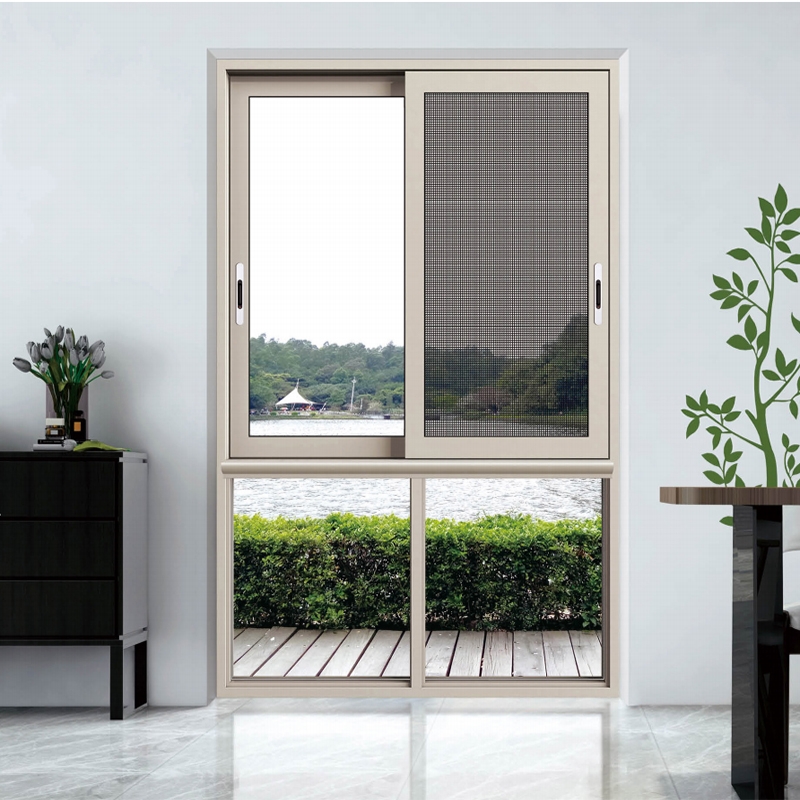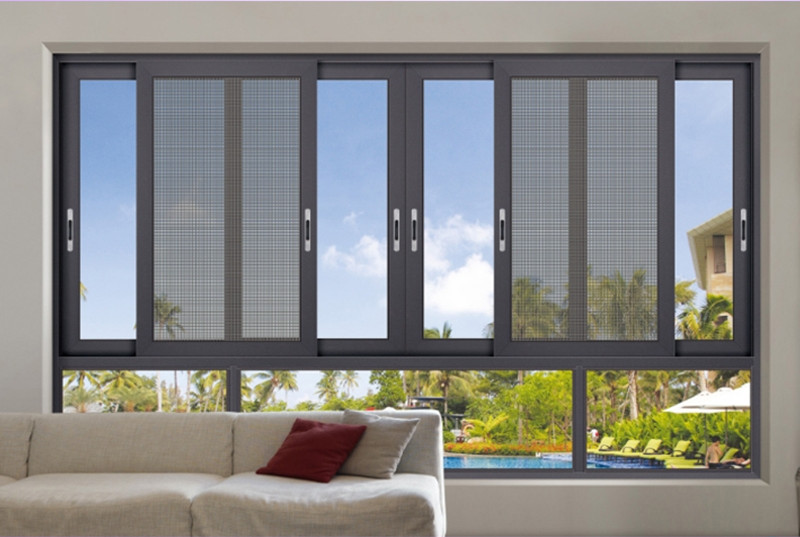Replacing old windows with aluminum sliding windows is a great way to improve energy efficiency, reduce noise, and give a modern look to your property. Here’s a step-by-step guide on how to handle this process:
1. Assess the Current Windows and Frame
- Examine the condition of the existing windows. If the frames are damaged, they may need to be removed entirely before installation.
- Measure the window openings accurately, taking note of any variations in size and noting if modifications are needed for a perfect fit.

2. Choose the Right Aluminum Sliding Windows
- Select the appropriate type of aluminum sliding windows based on your needs, such as single-pane, double-pane, or triple-pane for added insulation.
- Look for additional features, like thermal breaks, which help in reducing heat transfer.

3. Prepare the Work Area
- Clear the area around the window on both the interior and exterior sides to have enough workspace.
- Cover furniture, floors, and surrounding surfaces to protect them from dust and debris during removal and installation.

4. Remove the Old Windows
- Carefully remove the old window sashes and frames if necessary, taking care not to damage the surrounding walls.
- Ensure all remnants of the old frame, caulking, or sealants are removed to provide a smooth surface for the new window.

5. Install the New Aluminum Sliding Windows
- Place the new window into the opening and ensure it fits snugly. Use shims to adjust it as needed, ensuring it is level, plumb, and square.
- Once properly aligned, secure the window with screws as per the manufacturer’s instructions.

6. Seal and Insulate
- Apply a weatherproof sealant around the frame on both sides to prevent air or water leaks.
- Insulate any remaining gaps between the frame and wall with foam insulation for improved energy efficiency.

7. Test the Operation and Make Adjustments
- Open and close the sliding panels to ensure smooth operation and check the locking mechanisms.
- Adjust rollers, tracks, or locks if needed to ensure a proper seal and smooth functionality.

8. Clean Up and Finish
- Clean the window glass and frame thoroughly.
- Remove any remaining protective film, caulking residue, or fingerprints, and reinstall any removed interior or exterior trim.

Tips
- Consider Professional Help: If you’re inexperienced or if the job involves altering the wall or structure, hiring a professional installer is often safer and more efficient.
- Check Local Codes: Ensure compliance with local building codes, especially if these windows affect fire egress requirements.
- Choose Quality Sealants: A high-quality, weather-resistant sealant will help maintain energy efficiency and window longevity.
This guide should help ensure a successful, professional-looking window replacement that enhances both the appearance and performance of your building!
